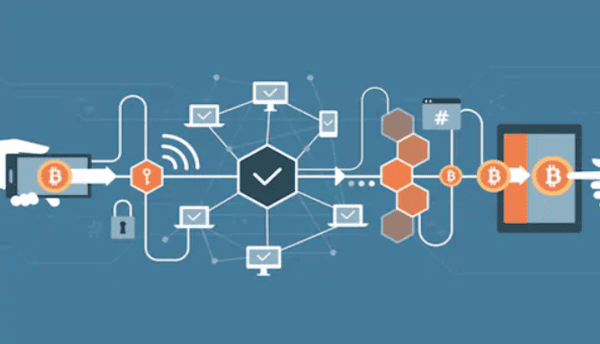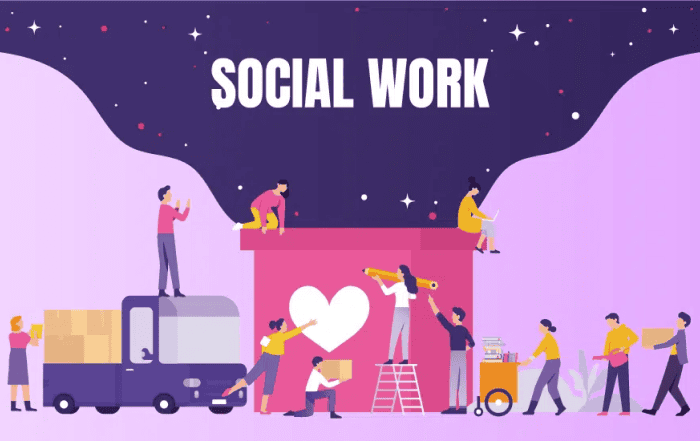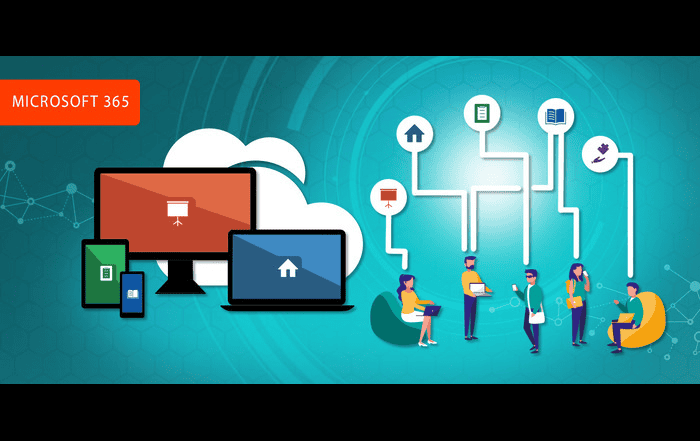
If you hear the word “blockchain”, does your mind automatically think “Bitcoin?” This is true for many people. And it is, in fact, a valid association. The Bitcoin blockchain is the very first working example of this tech.
The keyword to take note of here is an example. While many people use the two terms interchangeably, they are two completely different things.
Blockchain is the underlying technology that makes Bitcoin work. Bitcoin is an application of the technology and could not run without it. Blockchain tech, on the other hand, can run independently of Bitcoin.
In other words, the blockchain is useful for a lot more applications than a simple cryptocurrency register. It has made a lot of waves in the financial services industry, but that is not the only area it has been disrupting.
According to BitFortune.net, there are around 16 different industries that have been affected by the tech. You can see the complete list in the infographic below, but let us go through some of the industries that you might not have expected to see on the list.
Charity
Blockchain is an ideal fit for charitable organizations. Donors and potential donors could see exactly how much money has been raised and how that money is being used. This could help to ensure that charities are a lot more responsible with funds raised and help them establish credibility.
Retail
Blockchain-based applications will help companies track buying habits more effectively. It can also help with supply chain management, more efficient transaction processing and more reasonable processing costs.
The Online Gambling Industry
Not all online casinos are fair and honest in dealings with clients. The use of blockchain tech could also help to improve transparency in this arena.
People using the site would be able to check and see what kind of money the casino actually pays out, and so have an idea of how fairly they treat clients.
Bets could also take the form of smart contracts that would pay out immediately when the outcome of a sporting event is known.
Better Control For The Pharmaceutical Industry
This tech could be applied at every stage of a drug’s lifecycle, from manufacture through to the sale to the end user. The manufacturer would be able to track the entire journey and ensure that the drugs were getting to the right place.
The wholesaler would be able to check the source of the drugs to ensure that they are genuine and also check the progress of orders outstanding.
Doctors prescribing the medication would be able to update the system, and the pharmacy selling it would be able to see if there were duplicate prescriptions anywhere, helping them keep a tighter rein on scheduled drugs.
As you will see from the infographic, there are a lot more areas that the tech can be applied to. It is hardly surprising that it has become such big news. For now, the tech is still in its infancy. It will be interesting to see what other applications are developed later on.








